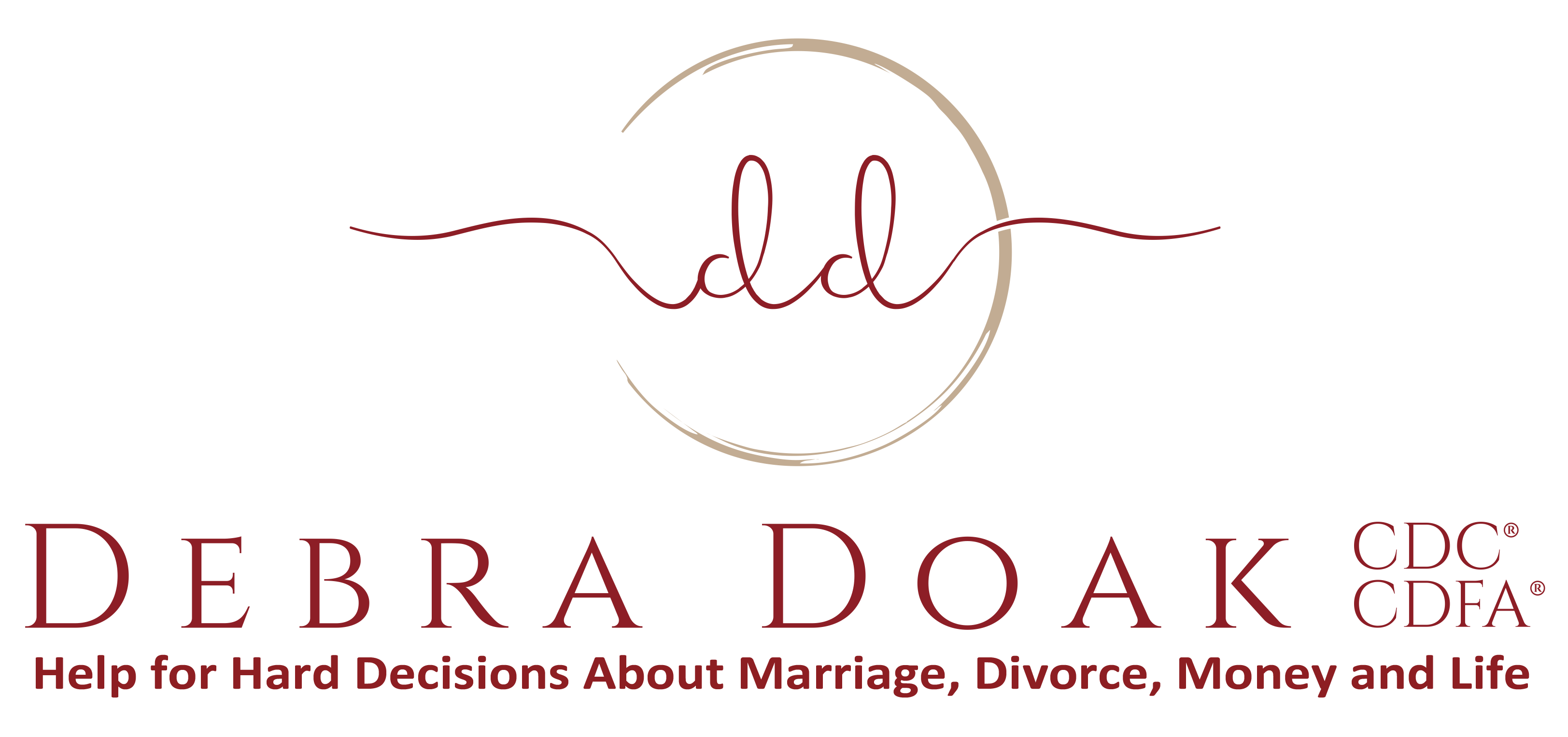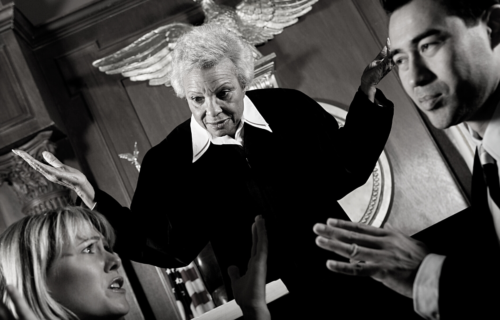
To the Partner of a Sex Addict: Sobriety is Not Recovery
Are you a partner of a sex addict searching on the internet for anything you can find about recovery? Are you trying to figure out if they can really change? Wondering if you should wait it out or if you’re wasting your time?
I’m known to be a truth teller, so I’m just going to hit you with the straight news up front. Being sober from deceptive sexual behaviors is not the same as being recovered from the thought patterns that created and allowed those behaviors. If your partner is sober but failing to rebuild trust or make you feel safe, trouble is brewing.
But why? If it’s sex addiction and they get help from a CSAT (sex addiction therapist), go to a 12-step group and have tools to prevent them from acting out again, then isn’t that enough? I wish I could say that was true, but in all of my experience, it’s just not.
For clarification, I am using the terms “sex addict” and “partner of a sex addict” here because they are commonly used as internet search terms when victims are looking for information. And I want them to find this article. It is not language I necessarily support or use in my work with clients. You are much more likely to hear me say “deceptive sexuality” or simply call it abuse.
It’s Not Just Addiction, It’s Disorder
What you are dealing with is not a single-diagnosis, addiction-based problem. If you’re the partner of a sex addict, you’ve likely been doing a lot of learning and are coming to realize that it’s not just the acting out, it’s the deception, lies, and more that are causing damage to your relationship and more importantly, to you.
The American Psychiatric Association didn’t include it in the latest edition of the Diagnostic and Statistical Manual of Mental Disorders. They found little evidence to support the “addiction” label. Research studies have shown that people who exhibit the behaviors we call sexual addiction don’t show the same patterns in brain activity as those who are addicted to drugs. Instead, “sexual addiction” may actually be a loose collection of traits like high sex drive, lack of impulse control, and others.
Dr. Omar Minwalla’s Deceptive Sexuality and Trauma Model (DST) goes on and “expands the traditional, single-concept diagnosis of either sex addiction or compulsive sexual behavior to include sexual entitlement, thus deriving compulsive-entitled sexuality (CES) as a major factor that contributes to problematic sexual behavior patterns. CES refers to an inability or an unwillingness to control sexual urges or behaviors, even when they cause significant negative consequences…The DST Model gives attention to the roles that conduct disorder and covert psychological and relational abuse behaviors play in sexual acting-out behaviors…”
His DST model directly addresses the impact of these abusive behaviors on you, the victim, the partner of a sex addict. Because it isn’t just about him and stopping his acting out, it’s about changing the underlying “integrity abuse disorder”. You can read Dr. Minwalla’s full white paper on the Secret Sexual Basement at minwallamodel.com or the direct link here.
What Does That Mean For Me as the Partner of a Sex Addict?
My anecdotal experience shows that partners of sex addicts stay on the SA train for about 2 years before they realize things aren’t improving. Even if their partner is sober from acting out, they aren’t leaning into the work necessary for restoration. And that means you don’t feel better.
You’re not better because they still lie or omit information about small things. They still try to dominate, manipulate or punish you into doing things their way. They continue to break promises or stonewall. Their short fuse and inability to handle conflict haven’t changed. In other words, you still don’t feel loved, cared for, respected, and equal. He may not be cheating, but he’s not healthy either. The relational abuse continues despite his being sober.
And this is where I meet a lot of clients. “He’s going to meetings and seeing a therapist, but I’m still miserable. Is it time to think about divorce or should I keep waiting for change?” It’s the ultimate stay-or-go decision. But what if you took that pressure off yourself and looked at a third option? I call this “waiting with intention”.
Waiting with intention means not feeling hopeless and helpless, but taking action. It includes both critically observing behavior and developing an exit strategy so you know what it would look like to leave.
Here’s my advice:
#1 Put on Your Lab Coat and Collect Data
This is the time for you to be in observation mode to see if his words line up with his actions. Let’s just pretend that you’re a scientist in a laboratory conducting an experiment. The hypothesis you’re testing is “My husband is committed to rebuilding trust, making amends, and restoring our relationship”. Now every morning when you get up, put on your invisible lab coat, grab your clipboard and go about your day gathering data. Each piece of data you gather throughout the day will either prove your hypothesis true or false.
You bring up a concern about him being irritable and authoritative with the kids. He reacts defensively, gets angry, and storms out of the room. DATA = FALSE
You question a charge on the credit card. He happily explains what it was and shows you the email confirmation and receipt so you can see exactly what he purchased. DATA = TRUE
You ask more questions about a certain event, time period, or person when he was acting out. He responds with frustration saying you should be over it by now. DATA = FALSE
Keep track of your data in a journal (your clipboard) so you have written evidence of your observations. Review every 30 days. Only you know how long you’ll need to collect data before you’re ready to draw a conclusion. Your priority as the partner of a sex addict is to stay grounded in the reality of your relationship, not the fantasy of what you hope it could be.
#2 Let Go of the Outcome But Make a Plan
Hope for the best, but plan for the worst. What if nothing changes and you are feeling the same way 5 years from now? Does that feel good or intolerable? If you’d rather eat a bowl of spiders than think of that as your future, then it’s time to confront your fears.
- Why is the idea of losing this relationship so scary?
- What fears or obstacles are preventing you from leaving?
- Are those things true or are they based on assumptions, limiting beliefs, or lack of information?
- What do I need to do to learn more, make a plan, or get support to address my fears?
I’m not saying you should start planning your divorce today. I am, however, suggesting that you dive deep into what is keeping you attached to a relationship that isn’t meeting your needs. And if it is fear of what divorce or separation would look like, well then there are plenty of us out here that can help with that. Knowledge (and a plan) is the antidote to fear. Here are a couple of previous posts you might find helpful:
- Preparing for Divorce While Watching for Change: Parallel Paths
- KISS-ing Emotional Abuse Goodbye
- Hold Up: 5 Reasons You Must Have a Divorce Exit Strategy
When we prioritize the institution of marriage above the health and safety of the individuals in that marriage, we have gone wrong. Just “staying married” is not best for you or your kids. Staying in a healthy marriage is. And there is a huge difference between those two. So what happens if you let go of trying to focus on the outcome of “staying married” and instead focused on defining the environment in which you and your kids will be able to thrive?
You deserve to have your needs met. You deserve to feel safe, loved, respected, and important. Make that your priority – not the marriage. Loosen your grip on fixing him and spend more time thinking about what you require to live a full and happy life. He will either step up or he won’t – and you have no control over that. You can’t force him to choose to become a person of character. You can only choose for yourself what you are and are not willing to live with.
Learning about divorce doesn’t mean you’re going to take that step. It is just helping you understand what it looks like so you can feel less afraid if the time comes you do want to consider it. If you’re staying, stay for the right reasons, not because you’re afraid.
If You’re the Partner of a Sex Addict, I Can Help
Let’s get you fitted for a lab coat, start challenging some of those limiting beliefs and fears, and developing a plan based on your goals and priorities. Marriage doesn’t guarantee you a happy life – staying true to your own values and needs does.
Wishing you strength and wisdom,




